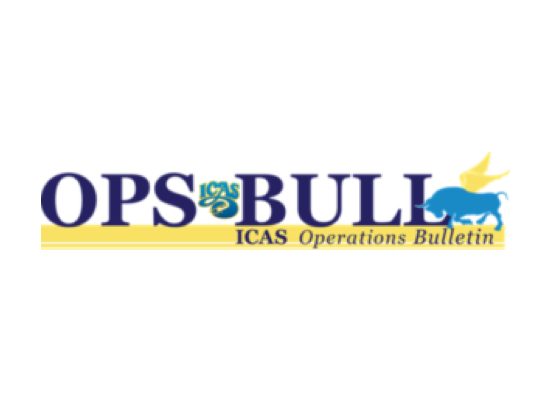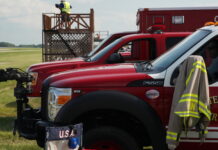Many times every year, one air show performer approaches another and says something like this: “Hey, I was watching you fly this afternoon and — I gotta tell you – I was worried. What kind of margins do you have on that second maneuver?” Or, “How long have you been doing that first vertical maneuver at low altitude?” Or, “What’s your entry speed and altitude for that loop?”
To get to that point, the performer asking the question has likely wrestled with whether or not he/she should broach the subject. And, at the conclusion of that mental debate, he/she has said to himself/herself, “Yes, it’s important and he/she scared me, so I need to say something.”
So, what’s the appropriate response from the individual receiving the question/constructive criticism? How should the pilot to whom the question is directed respond to a genuine expression of concern from another pilot?
Often, the response is politely defensive. “Oh, I’ve got plenty of speed and I’ve been doing this for ten years.” Or a little less politely defensive, “I’ve got it covered.” Or just rude: “Why don’t you worry about your own flying and I’ll take care of myself.” Often, the pilot says something like, “Thanks for saying something. I’ll think about that,” as he/she thinks to himself, “Who does that person think he/she is, challenging me like that? He/she doesn’t know what he/she is talking about.”
For years, ICAS and the rest of the air show community have been encouraging pilots to summon up the courage to offer constructive criticism when it is appropriate. As part of our initiative to change the culture of air show safety, we have been asking air show performers to help one another, to provide another set of eyes and some objective analysis to help avoid unnecessary problems and accidents. That pilot offering an observation or asking a question is ignoring all of his/her instincts to mind his own business because the air show business has told him/her that it is his/her responsibility to say something.
So, what is the right response? At a minimum, a genuine and heartfelt “Thank you” is appropriate. But, more than that, the pilot who has been approached should think hard about the issues raised by the comment or question. If one person actually said something, there’s probably many more who noticed the same thing and didn’t say anything. If you have scared an air show colleague or have flown in such a way that prompted another performer to ask you a question or offer an observation, then – no matter the relationship that you have with that person – you owe it to him/her, to your family and to yourself to think carefully about this expression of concern offered by somebody who gains absolutely nothing by putting himself/herself in a potentially awkward position by trying to help you and keep you safe. Sadly, there are many anecdotes in our business about pilots who received this kind of cautionary advice, ignored it and were involved in a subsequent accident related to that specific maneuver. Many, many anecdotes.
Recently, an air show performer who is arguably the best aerobatic pilot in North America today was asked what his most difficult air show maneuver is. He said, “None of them are hard. If they were hard, they wouldn’t be in my air show sequence. I only fly the maneuvers that I’ve practiced so much that they’re easy.” So, why are you flying maneuvers that have prompted one of your colleagues to go to the trouble and potential embarrassment of voicing his/her concerns?








